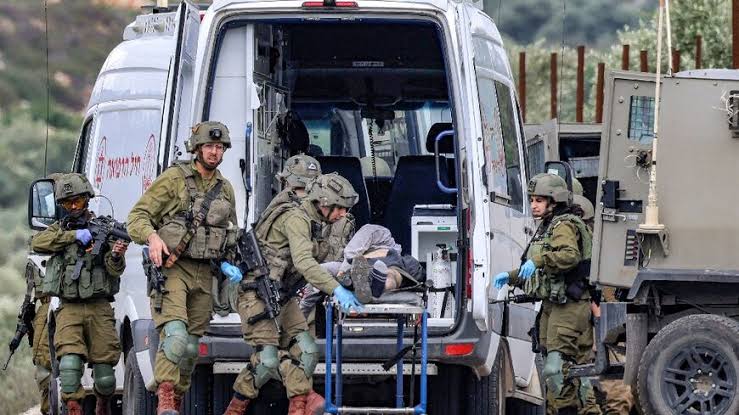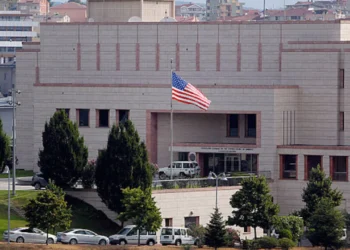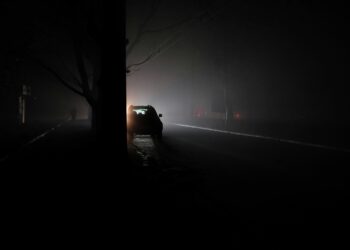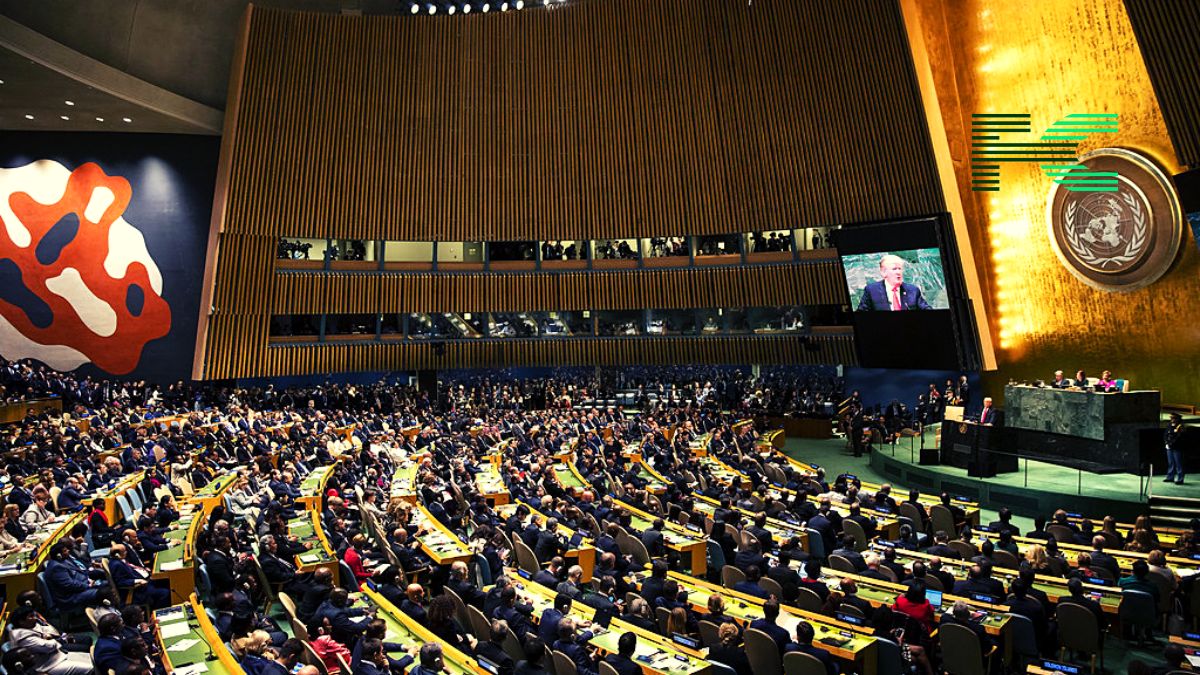Hezbollah launched hundreds of rockets and drones at Israel early on Sunday, in retaliation for the Israeli military’s earlier strike in Lebanon which it claimed was to thwart a larger attack. This marked one of the largest confrontations in over 10 months of border conflict. Missiles streaked through the dawn sky, air raid sirens blared in Israel, and distant explosions lit up the horizon as smoke rose over southern Lebanon.
The confrontation, which began alongside the Gaza war, threatens to escalate into a broader regional conflict involving Hezbollah’s backer, Iran, and Israel’s main ally, the United States. With three deaths reported in Lebanon and one in Israel, both sides signaled a desire to avoid further escalation for now, though they cautioned that more strikes could follow.

Hezbollah leader Sayyed Hassan Nasrallah stated that the attacks were a response to the assassination of senior commander Fuad Shukr last month, and hinted at the possibility of future strikes if necessary. He said “If the result is not enough, then we retain the right to respond another time”, he said.
Prime Minister Benjamin Netanyahu warned: “This is not the end of the story.”
Earlier, Netanyahu had said: “We are determined to do everything we can to defend our country … whoever harms us – we harm him”.
Diplomats indicated that both sides exchanged messages expressing a reluctance to escalate further. The recent tensions were fueled by a missile strike in the Israeli-occupied Golan Heights that killed 12 youths and the subsequent assassination of Shukr by Israel. Hezbollah delayed its retaliation to allow for ceasefire talks and calibrated its attack to avoid triggering a full-scale war.
Response from the White House indicates that U.S. President Joe Biden was following events. “We will keep supporting Israel’s right to defend itself, and we will keep working for regional stability,” National Security Council spokesperson Sean Savett said.
However, United Nations Secretary-General Antonio Guterres expressed concern about the recent confrontation urging both parties to immediately return to a cessation of hostilities, his spokesperson said.
Egypt and Jordan also warned against escalation.
The United States also claimed that it was not involved in Israel’s strikes on Sunday, but provided some intelligence about incoming Hezbollah attacks, a U.S. official said.
The U.S. bolstered its military presence in the region, with Defense Secretary Lloyd Austin ordering two aircraft carrier strike groups to the Middle East. Also, Top U.S. General C.Q. Brown arrived in Israel for talks with military leaders.
Meanwhile, Hamas rejected new Israeli conditions in Gaza ceasefire talks, further complicating efforts to resolve the 10-month conflict.

















